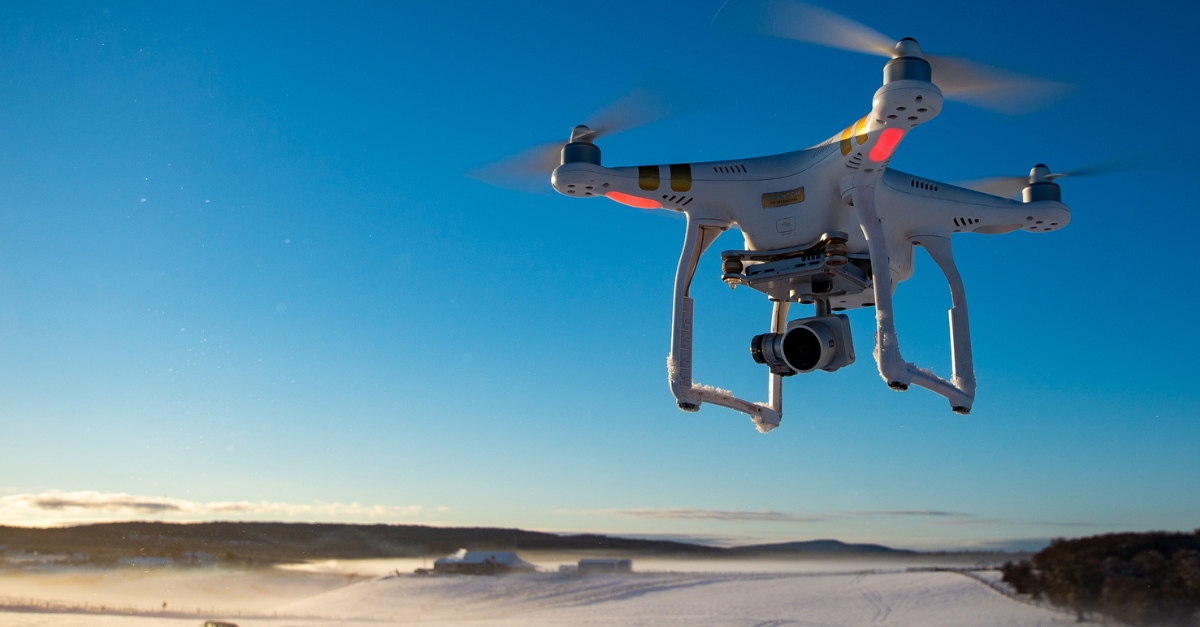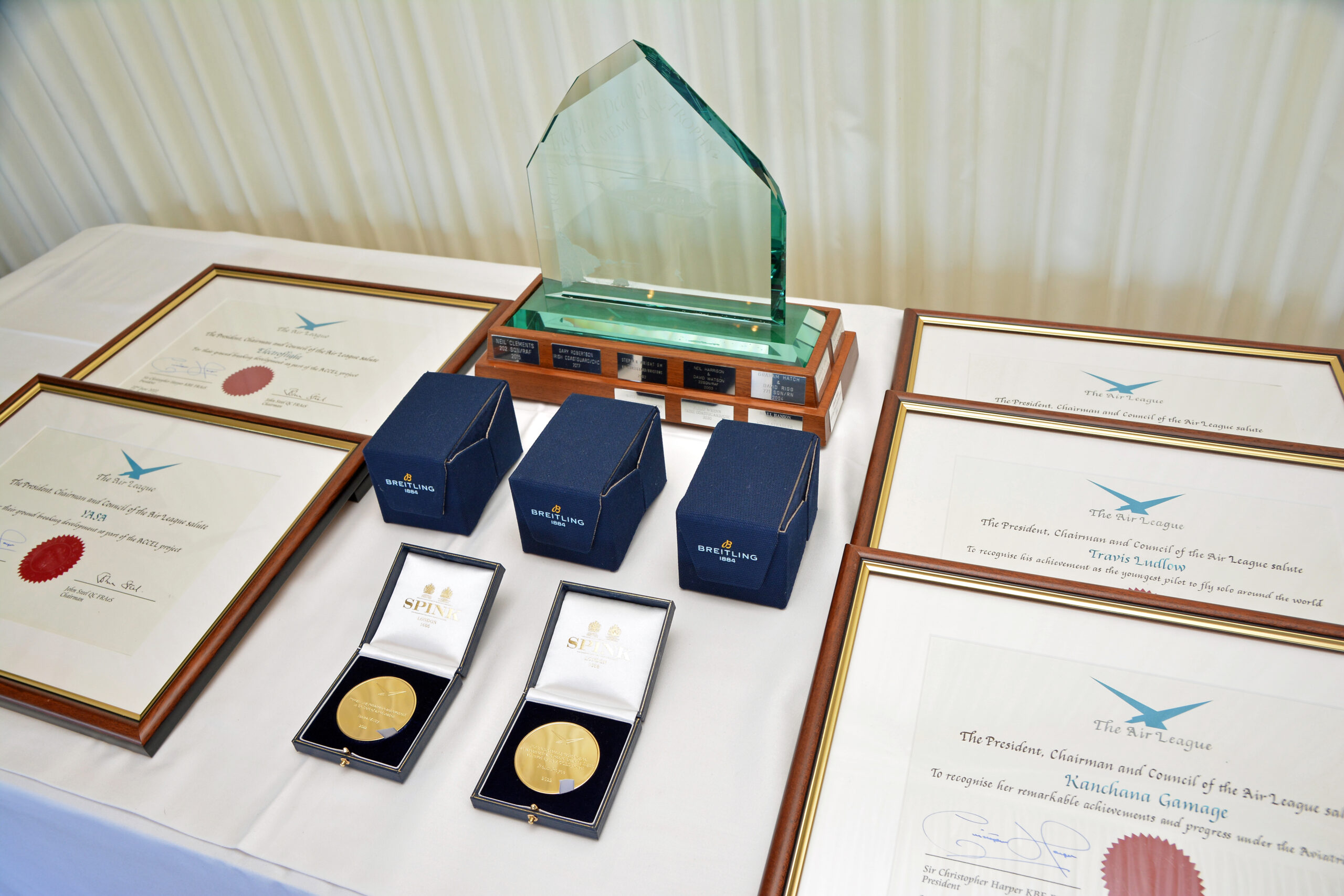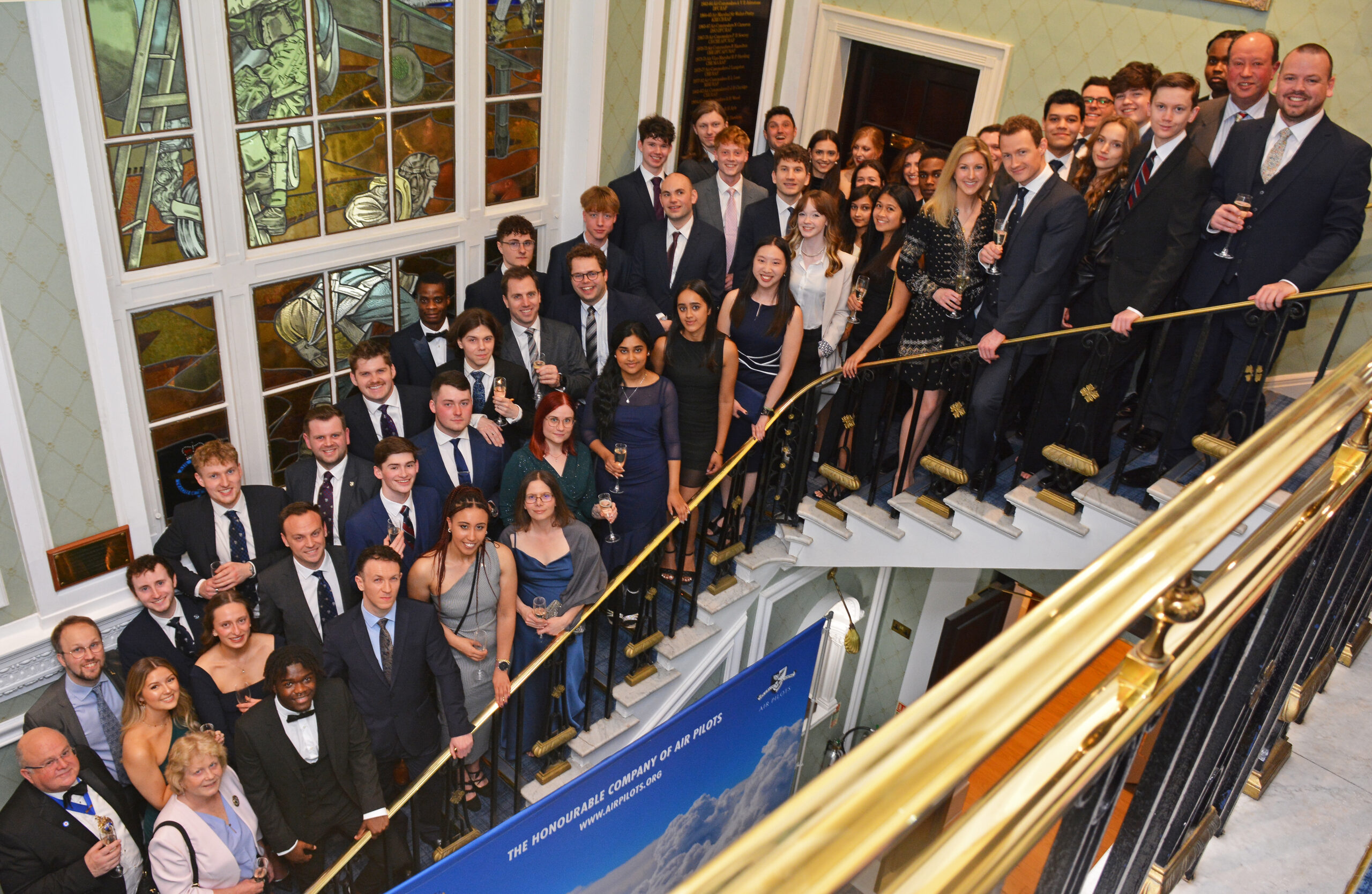Admiral Sir Tony Radakin, Chief of the Defence Staff delivered the 2022 Sir John Slessor Lecture to outline his vision for his term as head of the Armed Forces to MPs, peers, and industry.
The event began with a Networking Reception at 2.30pm followed by the Lecture at 3.15pm.
Britain’s most senior military officer said Ukraine is winning the war against Vladimir Putins’s forces an will “survive” as a nation
Admiral Sir Tony Radakin, Chief of the Defence Staff, said the Russian forces had planned for “a short campaign” and now “find themselves bogged down in a war of attrition”.
Speaking at Parliament where he delivered the Air League’s Sir John Slessor Memorial Lecture, he said the war was “part of a much larger struggle”.
He said: “It’s clear Ukraine is winning and Putin is losing.”
He added: “Ukraine is winning because Ukraine is in an existential fight for the survival… and it is going to survive.”
“On the Ukrainian side, we’ve seen incredible national effort, matched by bravery on the ground and in the air.”
The Admiral said the Prime Minister had told him “Putin must fail”, adding: “Russia’s invasion of Ukraine is part of a much larger struggle. At stake is the future of global order, and the rules and values that underpin stability and security worldwide.”
He spoke as Ukrainian troops made advances with Russian forces pulled back from around the northeastern city of Kharkiv in recent days. Ukrainian President Volodymyr Zelensky thanked his forces who reportedly pushed all the way to the Russian border in the Kharkiv region in a symbolic gain.
Gold Tier Sponsors



Silver Tier Sponsor

Admiral Sir Tony Radakin's Speech
It is a privilege to be invited to deliver this year’s Sir John Slessor Memorial Lecture. My thanks to the Air League, to Steve Baker MP for hosting us, and the sponsors for making this event possible.
I want to leave plenty of time for the Q&A, but to tee up our discussion I have three points to make at the outset:
First, my belief that Russia’s invasion of Ukraine is part of a much larger struggle. At stake is the future of global order, and the rules and values that underpin stability and security worldwide.
Second, to reflect on the Air War in Ukraine, the wider failures of the Russian military to date, and what this means for the British Armed Forces.
Thirdly, to consider how we can unlock the strategic power of industry to better respond to this new era of confrontation.
When Sir John Slessor became Chief of the Air Staff in the 1950s, the prevailing assumption was the next war would be just like the last, only with the addition of nuclear weapons.
It is testament to the foresight and responsibility shown by Slessor and his generation that this future never came to pass.
The establishment of NATO in 1949 did much to preserve peace and security in the decades that followed. And the big fear of nuclear proliferation was tempered because responsible nuclear powers, Britain included, were willing to invest their political, military and financial capital in our collective security.
Sir John was right behind much of that thinking, which he termed “the Great Deterrent”. He was a proponent of the RAF’s V-bomber force, and the same concept continues today with Trident which, let us not forget, shields the United Kingdom and our NATO allies.
Yet here we are: 2022, and the spectre of war has returned to Europe.
Most of us remember Bosnia and Kosovo in the 1990s, conflicts that arose from the disintegration of Yugoslavia. But few of us, if any, can remember anything comparable to Ukraine. What we saw in February was an attempt by Russia to subjugate another sovereign state in its entirety; a state which has enjoyed 30 years of freedom and democracy, with a deep-rooted sense of national identity.
Perhaps the most striking parallel here in Britain is the Falklands Conflict, forty years ago.
Like Putin, the Argentine junta gambled on a series of catastrophic miscalculations. General Galtieri viewed Britain as a spent force, unwilling and unable to go to war for a few windswept islands.
The oft quoted comparison of the time – “two bald men fighting over a comb” – completely missed the point. It was never about the islands. It was about the principle of sovereignty, the right of a people to choose their own destiny, and our willingness to stand up to bullies.
The same is true today. The fighting may be contained within the borders of Ukraine, but the struggle is a universal one. It’s about whether the rules matter or not, and how the world responds when they are broken.
Britain’s victory in the South Atlantic served as a powerful tonic for a nation plagued by industrial strife and self-doubt; one that reversed the prevailing sense of national decline and injected much-needed impetus back into the Western alliance just as the Cold War was reaching its height. If one good thing can come from the conflict in Ukraine, it is for the West to rediscover our self-belief, and the sheer power that derives from confidence and cohesion.
Because the challenge we face is generational and global. I was in Mali the previous weekend to visit British personnel serving with the UN force, and where the well-catalogued human rights violations of the Russian-backed Wagner Group now threaten to undermine the precarious balance of ethnic and religious tensions in this fragile, poverty-stricken country.
Then there is Libya, Somalia and Yemen. Three countries dependent on Ukrainian grain. Three countries least able to withstand this latest shock to an international system still recovering from a once-in-a century pandemic.
Ukraine has been described as a wake-up call. Our friends in Australia, Japan and India may well raise an eyebrow. They’ve been warning of China’s growing military assertiveness for years. It’s too late for Ukraine but not for Taiwan, or so goes the argument.
To be clear: for the UK, China is not a threat like Russia. China is a competitor. But it too poses a strategic challenge to the rules-based system in the way it is going about extending its reach and influence, in the South China Sea, in Africa and the Caribbean and, potentially, the Solomon Islands too.
Now the cost-of-living crisis, energy dilemmas and recent democratic turbulence enveloping Western nations threaten to embolden our authoritarian competitors further.
The Foreign Secretary speaks of a “network of liberty”. If we, the responsible democratic nations of the world, don’t step up to strengthen and defend the rules and freedoms that underpin global security, then we leave that space to others that subscribe to a very different set of values.
Measured against that context, the Prime Minister’s direction to me – Putin must fail – takes on a whole new significance. And the most important lesson from Ukraine is the need for more global engagement, not less.
The Air War
That’s my strategic take, but let’s pause there and return to the tactical, and the second area I’d like to consider, the Air War, the failings of the Russian military and what this means for the British Armed Forces.
On paper, Russia enjoys massive superiority in the air, with three times as many combat aircraft as Ukraine, with precision guided weaponry, cruise and hypersonic missiles, cyber and Electronic Warfare capabilities.
We might have expected them to bring this to bear in the opening stages of the conflict. That was the lesson of Desert Storm and the air campaigns we’ve seen over the last few decades.
Certainly, Russia believed it could take Ukraine’s cities in a matter of days, and the rest of the country thereafter. The fact they didn’t is emblematic of the conceit at the heart of Putin’s worldview.
On the Ukrainian side, we’ve seen incredible national effort, matched by bravery on the ground and in the air. The speedy dispersal of assets, the nimble use of Turkish TB2 drones and of Western surface-to-air missile systems have prevented Russia dominating the skies.
Compare this dynamism with the Russian approach. Their forces were, and still are, operating in silos. The early failure to destroy Ukraine’s air force and suppress its air defences denied them the momentum required at the outset. The subsequent failure to match activity in the air with what was happening on the ground meant they were never able to get back on the front foot. The loss of so much armour, and of such a large warship as the Moskva, reveals an obvious deficiency in air and missile defence. And having planned on a short campaign, they now find themselves bogged down in a war of attrition.
So, what does it mean for the UK’s approach to air and space?
The historian Sir Michael Howard made the point that while his contemporaries were focused on the political battle to establish the RAF as an independent air force, Sir John Slessor was advocating better integration of land and air, exemplified by his 1936 book Air Power and Armies.
The idea of integration and alignment between the Services, and across all domains, has never been more pertinent than it is today as NATO militaries wrestle with the concept of Multi-Domain Operations.
For the UK, I am hugely excited about the kind of Royal Air Force envisaged in last year’s Defence Command Paper.
An RAF that will grow in combat power and sophistication. With all seven Typhoon Squadrons, with growing numbers of F35, and further investment in weapons and sensors to unlock the extraordinary potential of both these aircraft.
And it’s inspiring to see the RAF leading on space and pushing the boundaries of automation and synthetic training. Underpinned by Astra: one of the best transformation programmes in Defence. One that truly engages and empowers people at every rank to advocate the change they want to see.
Yet I’m sure that my good friend Mike Wigston would forgive me for saying the RAF today is nothing by itself. It is the ability to meld and align our power and expertise in the air with land, sea, cyber and space that really counts.
This isn’t easy. Russia’s woeful performance is proof enough. But it’s what creates unstoppable momentum. It’s what allows us to bring maximum pressure against our enemies. And it offers the nation the fullest return on their investment in the British Armed Forces.
Industry
This brings me to my third and final point – unlocking the strategic power of industry. The current struggle is being waged on many fronts. There is a land and an air war taking place within Ukraine. But at a global level there is an information campaign, an economic campaign and a diplomatic campaign all running in parallel.
My role as Chief of the Defence Staff is to bring the military behind the UK Government, our international allies and our friends in Ukraine, so that all these elements can be woven together to have maximum impact on Russia.
This is the essence of last year’s Integrated Review, which seeks to align defence with our economic prosperity, with health security, with our response to climate change, and our role as a science power in a technological age.
The simple fact is the British Armed Forces will never be able to compete with the likes of Russia in terms of mass.
Our edge has been, and will remain, the lethality of our equipment, the skills and expertise of our people and the strength of our partnerships.
And Ukraine underlines the need to better leverage these strengths. To take our brilliant Armed Forces and make them even better. More lethal, more deployable, more integrated.
This requires far greater speed and agility, and not just in terms of manoeuvre. I’m talking about the time it takes to introduce new equipment into service, the resilience of our stockpiles, and our ability to mobilise the entire defence enterprise, including industry, around our objectives, and to do so at pace.
We know we’re not fast enough. We know we’ve not always been as quick off the mark in adopting new technologies as some of our competitors. And sometimes, we’re too self-limiting when it comes to the big ideas.
Government and industry must work together to drive the opportunities that will shape our defence for decades to come. It requires all the tenacity and ambition we can muster.
AUKUS was a case in point. A big, strategic idea, that binds us more closely with two key allies, which opens opportunities for our domestic industry and, most importantly, represents a proper strategic response to the long-term challenges of the Indo-Pacific.
So what is the next AUKUS? What is the aeronautical equivalent? Can we, for example, leverage the potential of FCAS in a similar way?
The subject was certainly on my agenda when I visited India last month. And it was front-and-centre for the PM’s discussions with his Japanese opposite, Fumio Kishida, when they met in London a few weeks ago.
The ingredients are all there. In Combat Air, we have a sector worth £6 billion, which employs 46,000 people and supports a supply chain reaching every part of the United Kingdom. Why would we not look to bring this industrial base to bear alongside like-minded partners and allies to deliver a sixth-generation capability for the RAF?
This is what I mean by unlocking the strategic power of industry. I could have chosen other examples that we need to work through – Ballistic Missile Defence. Satellite technology. Hypersonics. It’s about a willingness to maximise our technical advantage for the benefit of our defence and prosperity; and to match the challenges we face with a sense of ambition for what we can offer the country.
So, there is plenty to chew over in our discussion.
Let me end with another thank you to the Air League.
The Armed Forces, and the defence industry, are equally reliant on talented young people coming to the fore. Through bursaries and scholarships, and through advocacy, the Air League makes such an important contribution to that aim
Whether those young people choose to pursue a career in uniform or in industry, Defence presents an amazing proposition, full of opportunity and purpose.
Unfortunately, we can’t guarantee that the world will be as safe or as stable for them as perhaps it was for my generation. But, like Slessor and his contemporaries, we can ensure that we give them a strong intellectual and industrial inheritance to build upon. Thank you.














































